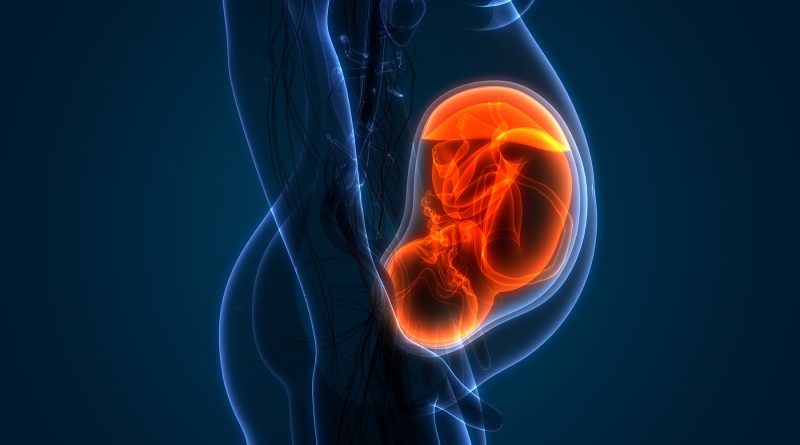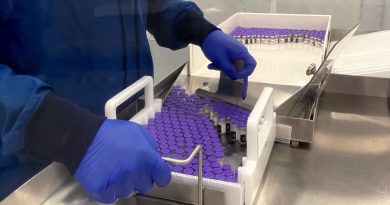COVID-19 Ups Complication Risks During Childbirth
[ad_1]
WEDNESDAY, Jan. 20, 2021 (HealthDay News) — Women who have COVID-19 during childbirth are more likely to face complications than moms-to-be without the coronavirus, researchers say.
Fortunately, the absolute risk for complications for any one woman is very low (less than 1%). But the relative risks for problems — such as clotting and early labor — are significant, the new study found.
Still, “the findings here, truly, are that among women who are hospitalized for childbirth and who were diagnosed with COVID, adverse events are incredibly low. That should provide a lot of reassurance to women who are hoping to become pregnant during this period, or who are pregnant,” said study co-author Dr. Karola Jering, from the cardiovascular medicine division at Brigham and Women’s Hospital in Boston.
Over eight months in 2020, she and her colleagues collected data on more than 400,000 mothers-to-be, nearly 6,400 of whom were infected with COVID-19.
Among the COVID-19 patients, the researchers found the relative risk of developing any type of blood clot was nearly five times higher than for those without the virus, and nearly four times higher for venous thromboembolism, clots in the veins.
These women were also far more likely to need intensive care or a ventilator, the researchers found.
Those who had the virus were:
- 7% more likely to need a C-section.
- 19% more likely to have preterm labor.
- 17% more likely to have a preterm delivery.
- 21% more likely to have preeclampsia.
There’s little a pregnant woman can do to reduce these risks beyond not being infected, Jering said.
“The problem, of course, is that right now we mostly have supportive care for patients who have COVID, in general. And of the things that have been tested for treatment of patients with COVID, most of them have not been tested in pregnant women,” said co-author Dr. Scott Solomon, also from Brigham and Women’s.
But Jering said pregnant women are given the other drugs often given to COVID-19 patients, including blood thinners to prevent clots.
In sum, the study findings were positive, Jering stressed. Among the pregnant women with COVID-19 who gave birth, 99% were discharged home, 3% needed intensive care and 1% needed mechanical ventilation. Less than 1% died in the hospital.
[ad_2]
Source link



